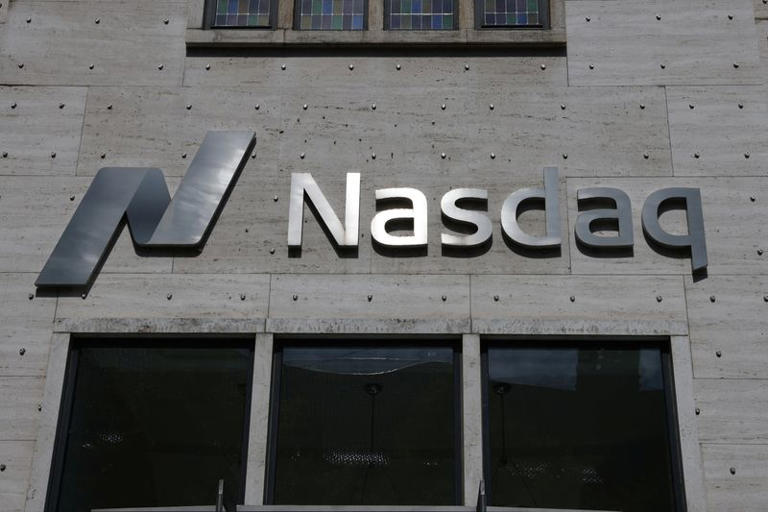On Friday, Nasdaq disclosed that Thoma Bravo, a prominent private equity firm, will be selling 41.6 million shares of the exchange operator through a secondary public offering. This move is anticipated to generate approximately $2.79 billion based on Nasdaq’s recent closing price. Post-sale, Thoma Bravo’s stake in Nasdaq will be reduced from nearly 14.9% to 7.4%, equating to 42.8 million shares. This adjustment will position Thoma Bravo as Nasdaq’s fifth-largest shareholder.
The announcement led to a notable 2.8% drop in Nasdaq’s stock price after the market closed, signaling investor unease about the impact of such a large volume of shares entering the market.
Historical Context and Strategic Adjustments
Thoma Bravo’s involvement with Nasdaq dates back to last year, when Nasdaq acquired fintech firm Adenza for $10.5 billion in a cash-and-stock deal. This acquisition significantly increased Thoma Bravo’s stake in Nasdaq. The decision to sell a portion of this stake represents a strategic move to recalibrate its holdings while maintaining a significant presence in the company.
The share sale is set against a backdrop of strategic shifts for both Thoma Bravo and Nasdaq. The firm’s decision to reduce its stake comes as part of its broader investment strategy and is intended to align with its financial and strategic objectives. The remaining shares will be subject to a lock-up period, lasting until May 1, 2025, preventing further immediate sales and potentially offering some stability to Nasdaq’s stock price during this period.
Market Reactions and Impact
The immediate market reaction to the announcement has been negative, with Nasdaq’s stock price declining by 2.8% after hours. This drop reflects investor concerns about the potential for dilution and the increased supply of shares in the market. However, analysts like Michael Cyprys from Morgan Stanley view the sale as potentially positive for Nasdaq in the longer term. The secondary offering could alleviate some of the overhang on Nasdaq’s stock, leading to a more balanced market dynamic.
In addition to the secondary offering, Nasdaq has entered into a share repurchase agreement with Thoma Bravo. The agreement allows Nasdaq to buy back up to 1.2 million shares, with a cap of $120 million. This repurchase will be financed using Nasdaq’s existing cash reserves and borrowings under its commercial paper program. The buyback is designed to counterbalance the dilution effect of the secondary offering and stabilize the stock.
Changes in Major Shareholders
Earlier this year, Borse Dubai, which had previously been Nasdaq’s largest shareholder, reduced its stake. This reduction allowed Thoma Bravo to become the top shareholder. With the new secondary offering, Borse Dubai is poised to reclaim its position as Nasdaq’s largest shareholder once the transaction is completed.
Goldman Sachs has been appointed as the sole book-running manager for the secondary public offering. The role of Goldman Sachs will be crucial in managing the sale process, ensuring the transaction is executed smoothly, and addressing any market concerns.
Strategic and Financial Implications
The sale by Thoma Bravo and Nasdaq’s concurrent share repurchase plan underscore a period of strategic recalibration for both entities. For Thoma Bravo, the sale is a strategic financial move aimed at optimizing its investment portfolio and achieving liquidity. For Nasdaq, the actions reflect a commitment to managing shareholder equity and mitigating the impact of large-scale transactions on its stock performance.
Investors and analysts will closely monitor how these developments affect Nasdaq’s stock performance and overall market positioning. The broader implications for Nasdaq’s shareholder base and financial stability will become clearer as the secondary offering progresses and the share repurchase plan unfolds.
Overall, while the immediate reaction to the sale has been cautious, the long-term effects may offer new opportunities for stability and growth for Nasdaq. The ongoing adjustments in shareholder structure and strategic investments will be key factors in shaping the future trajectory of the exchange operator.
